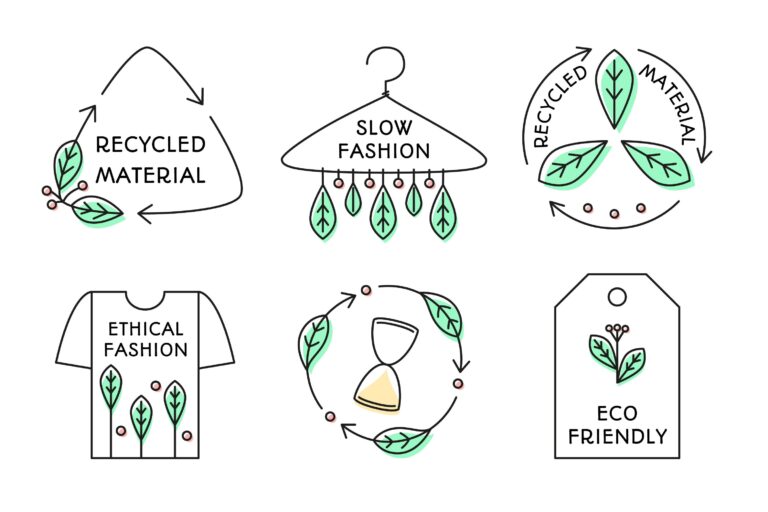In recent years, the fashion industry has faced increased scrutiny for its environmental impact. The rise of fast fashion has led to a massive increase in waste, pollution, and resource depletion. However, a growing movement known as ecological or sustainable fashion is changing the way we approach clothing. This shift encourages consumers to choose fashion that is both environmentally conscious and stylish.
What is Ecological Fashion?
Ecological fashion focuses on creating clothing that minimizes harm to the environment. This includes using sustainable materials, ethical production practices, and reducing waste. The idea is to move away from disposable, mass-produced clothing and toward high-quality, long-lasting garments. Ecological fashion is not just about being trendy; it’s about making mindful choices that support both the planet and ethical labor practices.
Key Principles of Ecological Fashion
1. Sustainable Materials
One of the core principles of ecological fashion is the use of eco-friendly materials. Organic cotton, hemp, bamboo, and recycled fabrics are popular choices. These materials are produced with fewer pesticides and chemicals, making them less harmful to the environment.
2. Ethical Production
Sustainable fashion brands often focus on fair wages and safe working conditions for workers. Ethical production ensures that labor rights are respected and workers are treated fairly. By supporting ethical brands, consumers contribute to a more equitable fashion industry.
3. Waste Reduction
Ecological fashion advocates for reducing waste through practices like recycling, upcycling, and reducing overproduction. Many designers are turning to secondhand materials or creating collections from recycled garments.
How to Incorporate Ecological Fashion Into Your Wardrobe
1. Buy Less, Choose Wisely
Instead of constantly purchasing trendy items, focus on quality over quantity. Opt for timeless pieces that can be styled in multiple ways.
2. Shop from Ethical Brands
Look for clothing brands that prioritize sustainability and fair labor practices. These brands often use eco-friendly materials and support ethical production.
3. Care for Your Clothes
Proper care can extend the lifespan of your clothing. Wash clothes in cold water, air dry, and repair items instead of discarding them.
By choosing quality over quantity, supporting ethical brands, and caring for our clothes, we can reduce our environmental impact while staying stylish. Small, mindful choices make a big difference in promoting sustainability in fashion.
